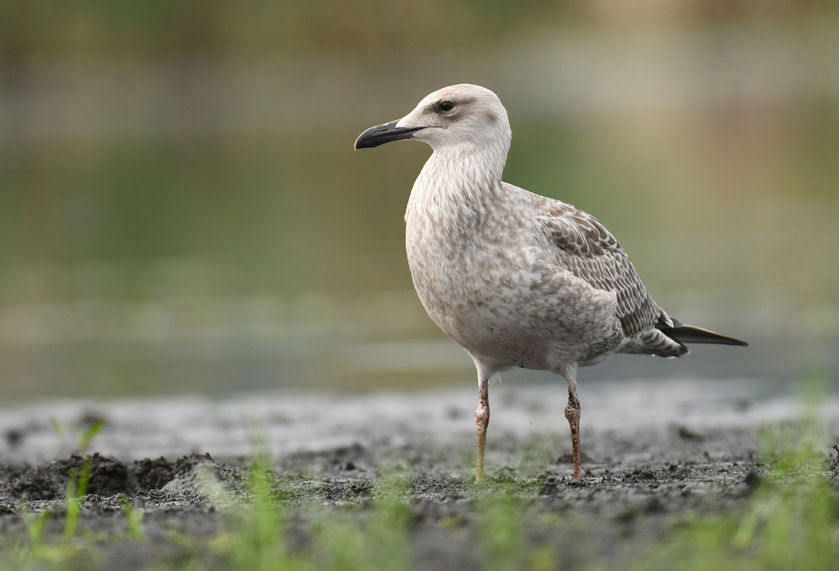
Avian influenza in wild birds has spread throughout England with six sites now identified as having shown symptoms of H5N6.
The first case in West Dorset involved 31 birds of mixed species which included Mute Swans, Pochard and Canada Goose.
The second case in Rugby, Warwickshire involved 13 cases of Tufted Duck, Great Crested Grebe, Great black- backed gulls and Herring Gulls.
Since then four more areas have been identified including a nature reserve in Hertford, a river in Oakham, Rutland, a country park in Wakefield, West Yorkshire and a lake in North West Lonndon.
Recent cases of H5N6 has been reported in gulls, which has sparked some concern in the farming industry.
Unlike other waterfowl that follow a migratory path, Gulls can travel miles outside any migratory path and potentially across farmland, with the risk of spreading disease throughout the country.
Risk level medium
The official risk level from avian influenza has been increased by Government officials following the discovery of the virus in more wild birds.
The Department for Environment, Food and Rural Affairs (Defra) has increased the official risk level for commercial poultry from low to medium following discoveries in Hertfordshire. The risk level for wild birds is high.
The government has also announced Avian Influenza Prevention Zones across the whole of England and Wales.
Avian influenza in wild birds
Finding 1: Wetland centre, near Weymouth, West Dorset, Dorset (31 mixed species - > 20 Mute swans, pochard, Canada goose)
Finding 2: Reservoir, near Rugby, Borough of Rugby, Warwickshire (13 mixed species - Tufted duck, great crested grebe; great black-backed gull, herring gull)
Finding 3: Nature reserve, near Hertford, East Hertfordshire, Hertfordshire (19 nixed species - greylag goose, gulls (common & herring), ducks (Aylesbury, tufted & mallard), unspecified)
Finding 4: River, near Oakham, Rutland, East Midlands (9 mixed species - Mallards and Moorhen)
Finding 5: Country Park, near Wakefield, West Yorkshire, Yorkshire (1 Tufted Duck)
Finding 6 – Lake, Near Hampstead, North West London (2 swans)
Strict biosecurity
All poultry keepers in England are now being urged to adhere to detailed requirements on strict biosecurity, whether they have commercial flocks or just a few birds in a backyard flock.
This means it will be mandatory for all captive bird keepers in England to put enhanced biosecurity measures in place, which include:
• Minimise movement in and out of bird enclosures
• Clean footwear before and after visiting birds, using a Defra approved disinfectant at entrances and exits
• Clean and disinfect vehicles and equipment that have come into contact with poultry
• Keep areas where birds live clean and tidy, and regularly disinfect hard surfaces such as paths and walkways
• Humanely control rats and mice
• Place birds’ food and water in fully enclosed areas protected from wild birds, and remove any spilled feed regularly
• Keep birds separate from wildlife and wild waterfowl by putting suitable fencing around outdoor areas they access
• Keep a close watch on birds for any signs of disease and report any very sick birds or unexplained deaths to your vet
Poultry keepers and members of the public should report dead wild birds to the Defra helpline on 03459 33 55 77 and bird keepers should report suspicion of disease to APHA on 03000 200 301.
